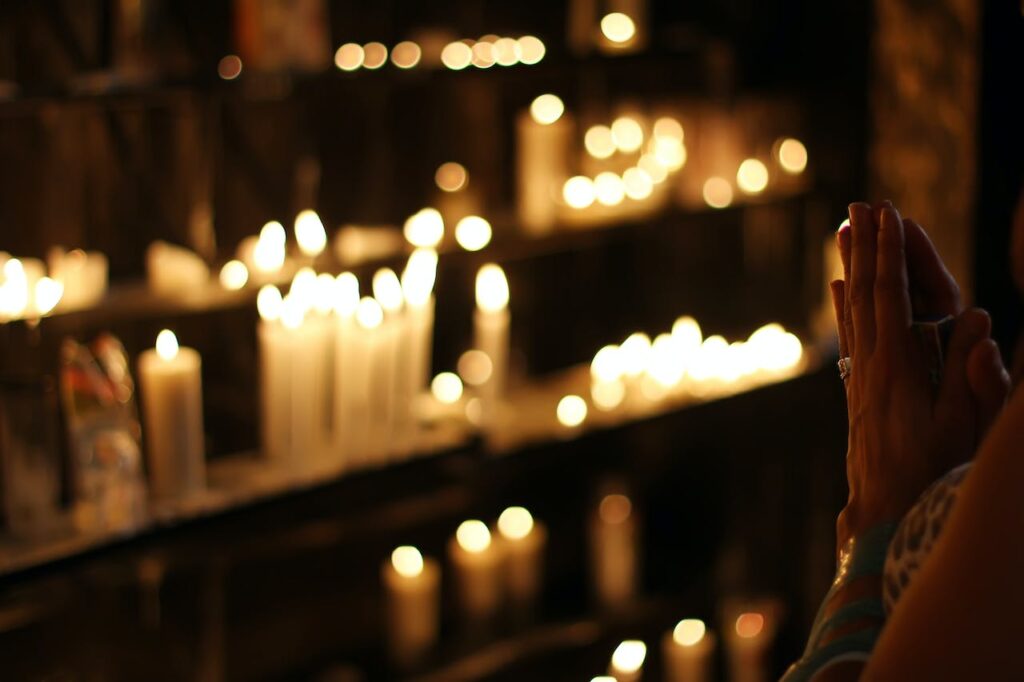The quaint coastal town of Oliva, nestled along the azure waters of the Mediterranean in Spain’s Valencian region, is steeped in a rich tapestry of religious heritage that has shaped its cultural landscape for centuries. This heritage is palpable in the hallowed walls of its churches, the humble stones of its chapels, and the vibrant pageantry of its religious festivals. This article, spanning a thousand words, delves into the religious edifices and celebrations that encapsulate the spirit and devotion of Oliva’s people.
The Sanctuaries of Faith: Oliva’s Churches and Chapels
At the heart of Oliva’s religious life are its churches and chapels, not just as places of worship, but as repositories of art, history, and community. The skyline is often graced with the sight of the iconic Santa Maria la Major Church. Dating back to the 18th century, this Baroque masterpiece, with its ornate altar and serene nave, stands as a testament to Oliva’s historical and architectural lineage.
Not far behind in historical significance is the Church of Sant Roc, a simpler yet equally poignant edifice that has served as a spiritual haven for centuries. Its architecture bears the marks of various epochs, with Gothic and Renaissance elements coalescing in its structure.
Scattered across the town are numerous chapels, each with its own story. The Hermitage of Santa Anna, for instance, perched on a hill, offers not just spiritual solace but also panoramic views of the town, symbolizing the intertwining of heavenly and earthly beauty.
The Pulsating Heart: Religious Festivals in Oliva
Religious festivals in Oliva are not mere annual rituals; they are the pulsating heart of the town, bringing together the young and old in a vibrant expression of faith and joy. Semana Santa, or Holy Week, sees the town’s streets lined with processions that are a profound display of piety and artistry. Lifelike pasos (floats) depicting scenes from the Passion of Christ are carried through the town in solemn parades, while the air resonates with traditional saetas, sorrowful flamenco hymns that tug at the heartstrings.
The Festival of Our Lady of Rebollet, the patroness of Oliva, is another highlight of the religious calendar. It is a time when the entire town comes together to honor the Virgin with flowers, music, and a procession that reaffirms their collective faith.
A Blend of Cultures: The Moorish Influence
Oliva’s religious identity is also a narrative of cultural confluence, particularly evident in the festivities like the Moros y Cristianos. This festival commemorates the Reconquista, the period when the Christians reclaimed Spain from Moorish rule. With elaborate costumes, mock battles, and dramatic reenactments, this festival celebrates Oliva’s multifaceted religious history and the coexistence of diverse cultures over the ages.
The Legacy of Saints: Celebrations of Patronage
The Feast of Saint Vincent Ferrer, another integral part of Oliva’s religious heritage, pays homage to the Valencian Dominican friar who is venerated as a patron saint. The town’s streets come alive with fairs, traditional dances, and the ringing of church bells, creating a lively atmosphere that fosters community cohesion.

The Quiet Corners: Retreats and Pilgrimages
Oliva’s religious heritage is also reflected in the quieter aspects of spiritual life. Retreats to the tranquil settings of local convents and monasteries offer moments of reflection and peace. Moreover, the town is a stop for pilgrims on the Ruta de los Monasterios de Valencia, a trail that connects five significant monastic sites in the region, highlighting Oliva’s place in a larger spiritual journey.
Art and Devotion: Religious Artifacts and Iconography
Within the hallowed spaces of Oliva’s churches, one finds a wealth of religious artifacts and iconography that not only serve as objects of veneration but also as masterpieces of religious art. Frescoes, statuettes, and stained glass windows tell biblical tales and depict saints, serving as a visual gospel that educates and inspires the faithful.
Education and Religion: The Role of the Church in Learning
The religious institutions of Oliva have historically played a pivotal role in education, with many churches and chapels hosting classes and workshops. This tradition continues, with religious organizations providing forums for learning and discussion, emphasizing the church’s role in the intellectual as well as the spiritual development of the community.

Conservation of Heritage: Restoring Oliva’s Religious Monuments
Oliva takes pride in preserving its religious monuments, understanding that they are vital links to the past. Restoration efforts are regularly undertaken to ensure that these sacred sites continue to stand as witnesses to Oliva’s religious devotion and historical evolution.





